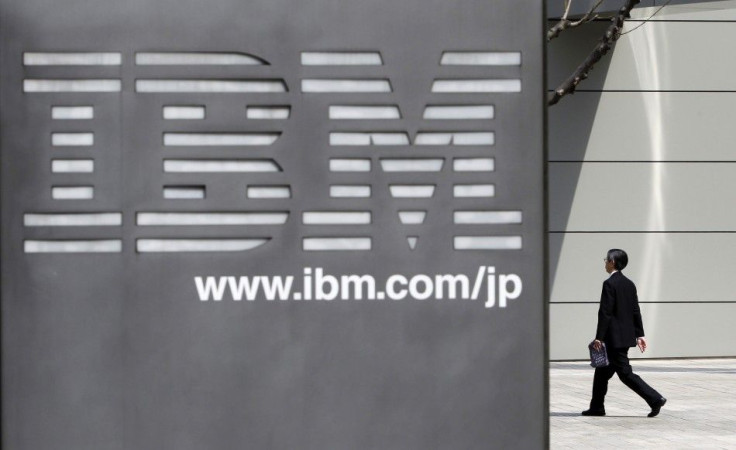IBM Buying Spree Shows Appetite for Foreign Tech Players
ANALYSIS

IBM, the No. 2 computer services company, has snapped up technology players in Canada and the UK -- demonstrating an appetite for new technologies but also for tax advantages.
The same logic may well explain rivals' acquisitions, such as HP's pending $10.3 billion takeover of Britain's Autonomy, Oracle's purchase of assets of Australia's Ndevr and Microsoft's pending $8.5 billion purchase of Luxembourg's Skype.
The acquisitions are easier on the company wallet because they tap offshore funds, keeping the IRS away. Most of the larger tech firms derive most of their revenue outside the U.S. anyway, so repatriating the funds costs more tax-wise than buying foreign assets.
IBM, based in Armonk, N.Y., said it will buy i2, a British developer of pattern-recognition software used by most NATO members in their defense and police forces. Reports said the price was about $500 million, paid to private equity owner Silver Lake Sumeru.
IBM also said it has bought Algorithmics of Toronto, which has software for financial risk analysis. The price was about $387 million, paid to Fimalac of France, a holding company whose other businesses include Fitch Ratings, which analyzes bonds.
Both acquisitions boost IBM's services businesses. The company reported cash and investments exceeding $11.7 billion in the second quarter. Most is outside the U.S.
If IBM -- or any other U.S. company -- repatriated the cash, it would be subject to a dividend tax of 35 percent. Back in 2004, Congress passed the American Jobs Creation Act, which lowered that tax to only 5.25 percent. The idea was that big companies would expand their U.S. payrolls.
Five large companies including HP and IBM brought back $88 billion, the Congressional Research Service found.
Rather than create new jobs, though, the companies, also including Pfizer, Johnson & Johnson and Merck, paid shareholders special dividends and bought back shares. President Obama, in his jobs speech next week, could announce a similar new program but give it teeth this time.
Given the choppiness of international stock markets, there's little reason why many private foreign companies wouldn't prefer being snapped up by a deep-pocketed U.S. buyer rather than set an IPO.
© Copyright IBTimes 2024. All rights reserved.






















